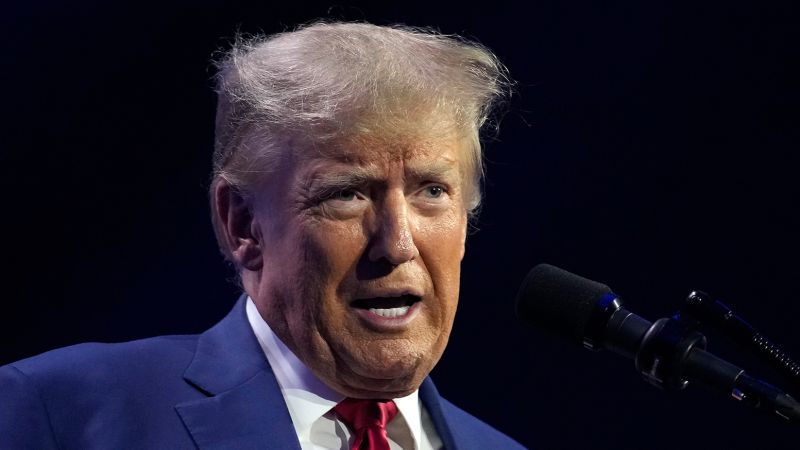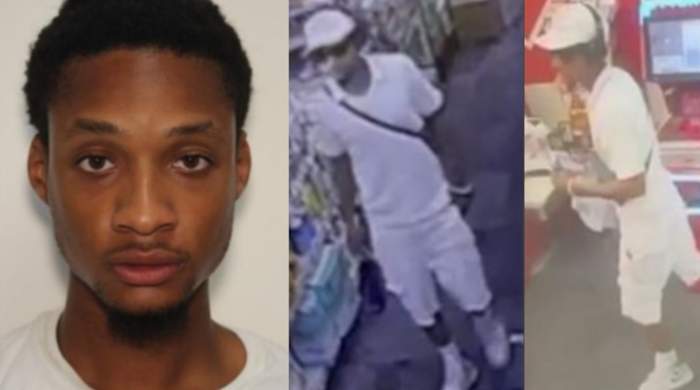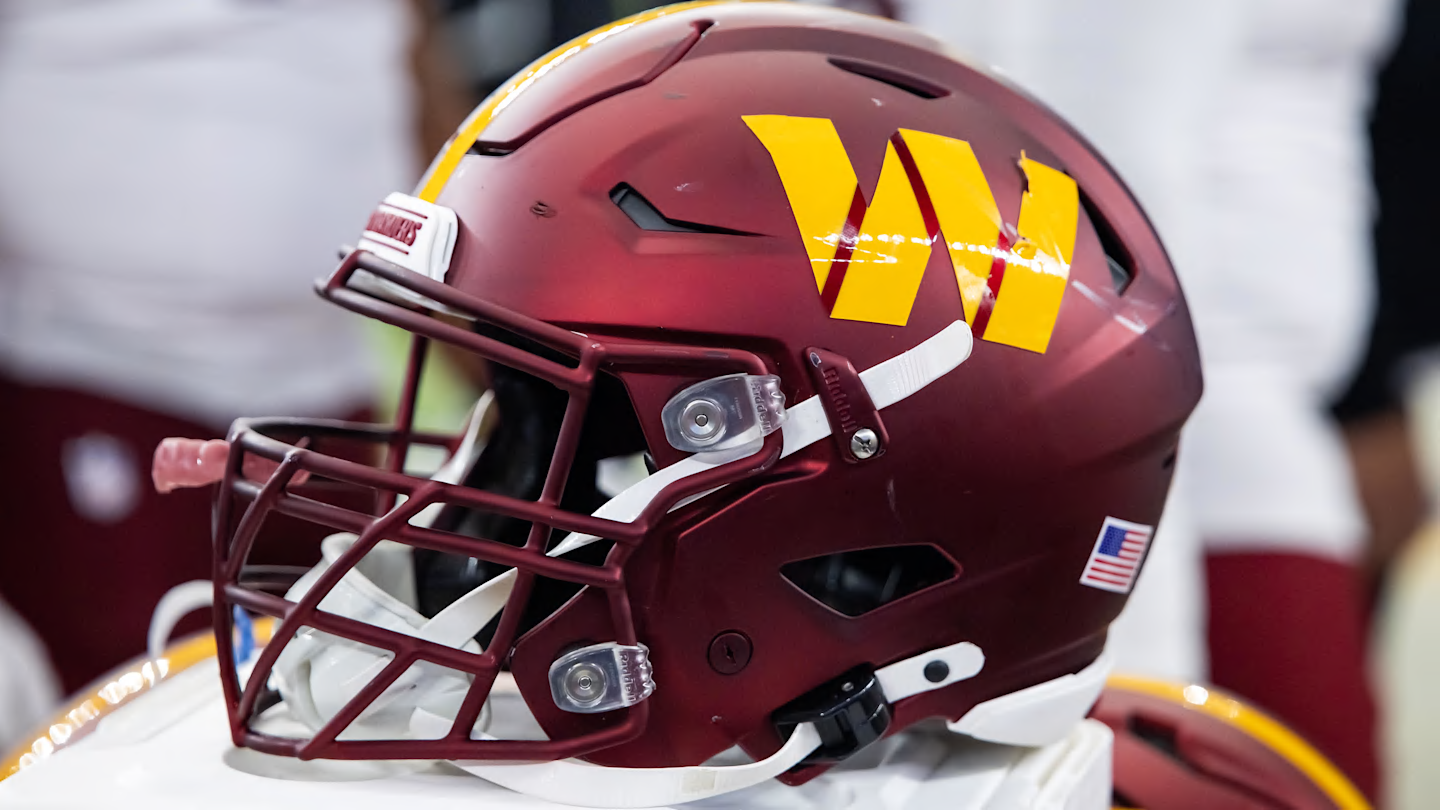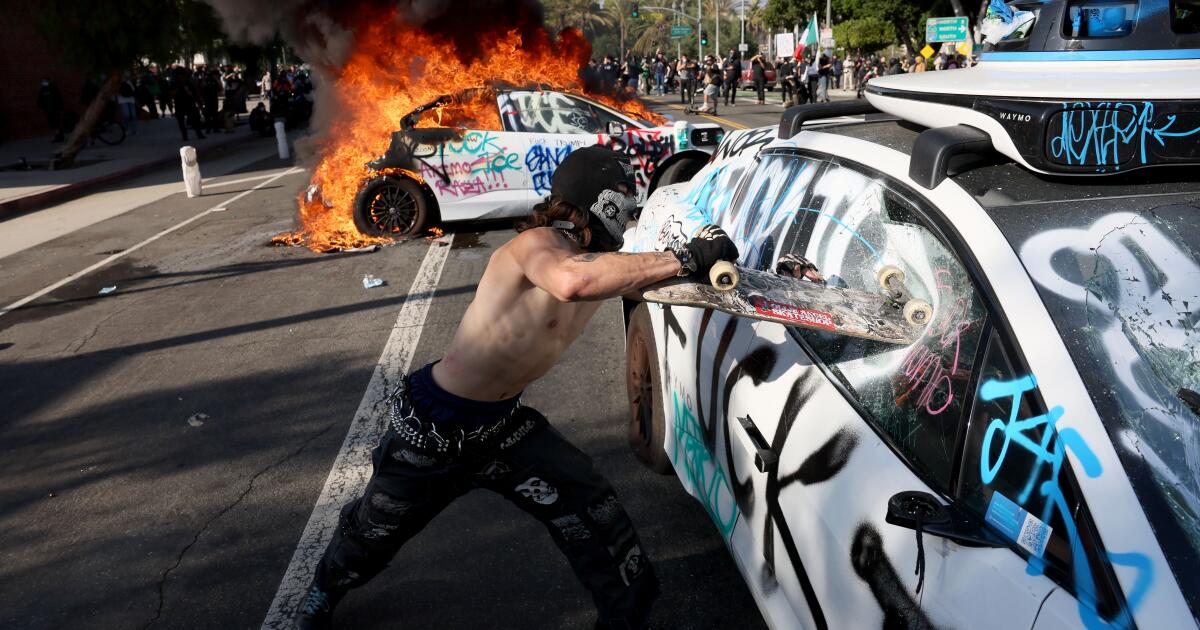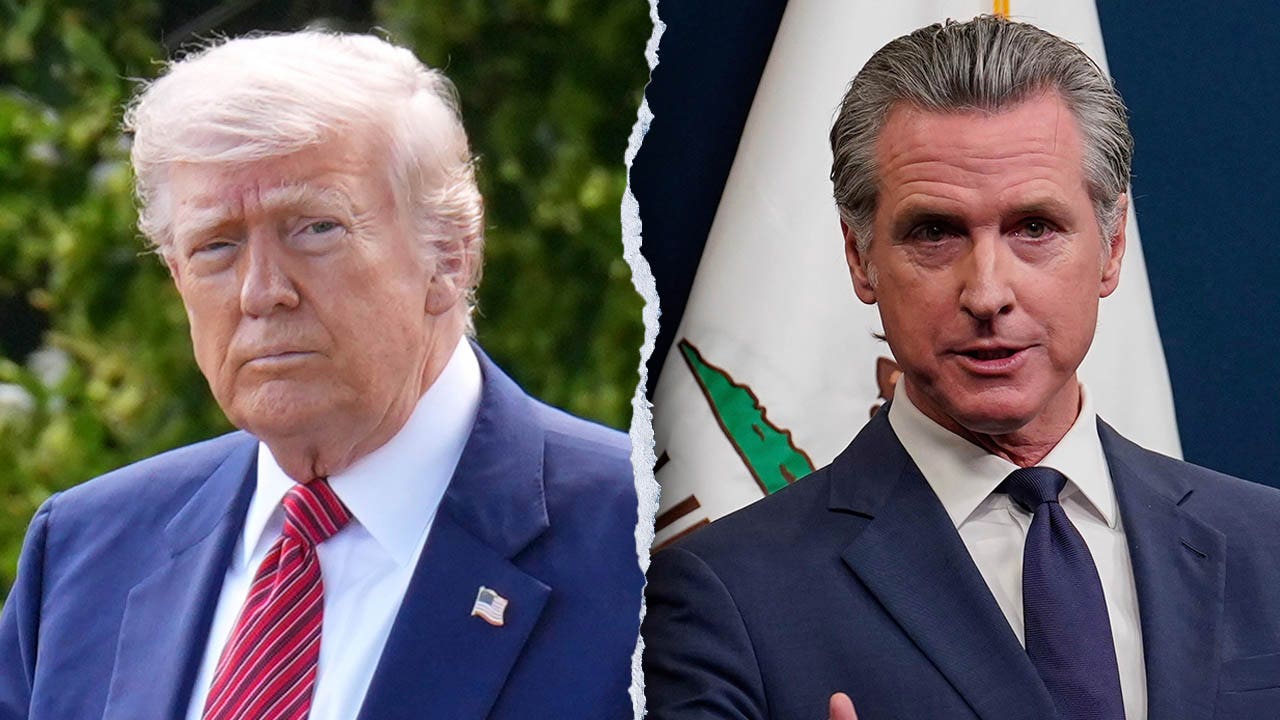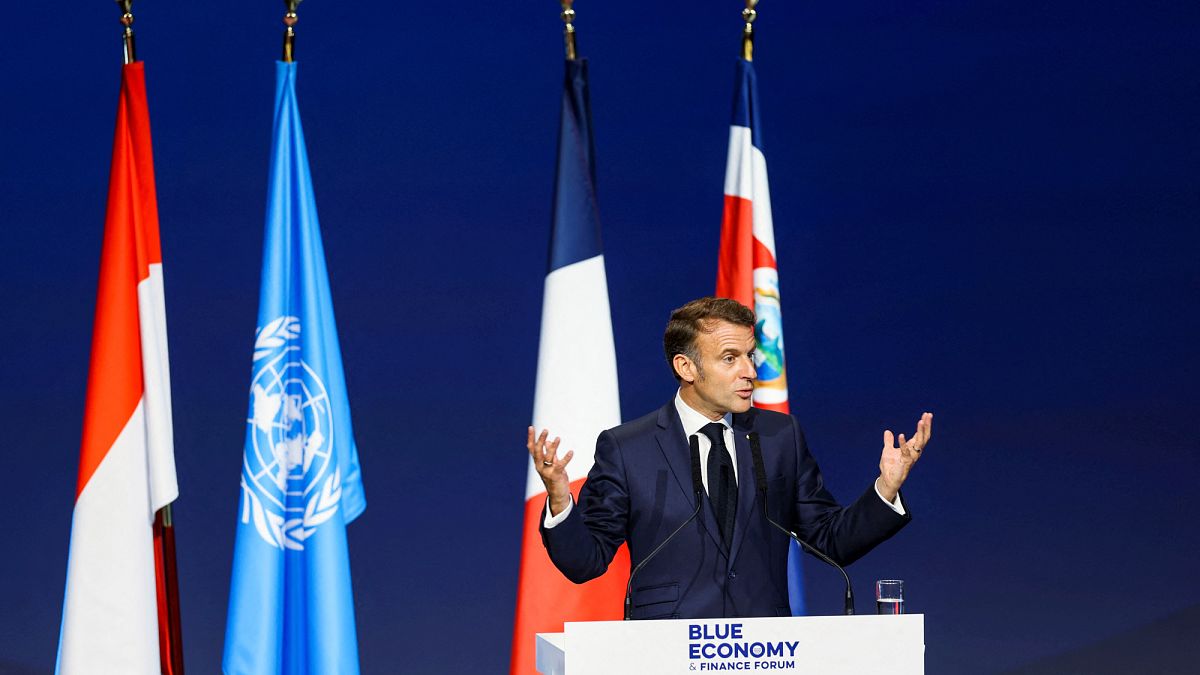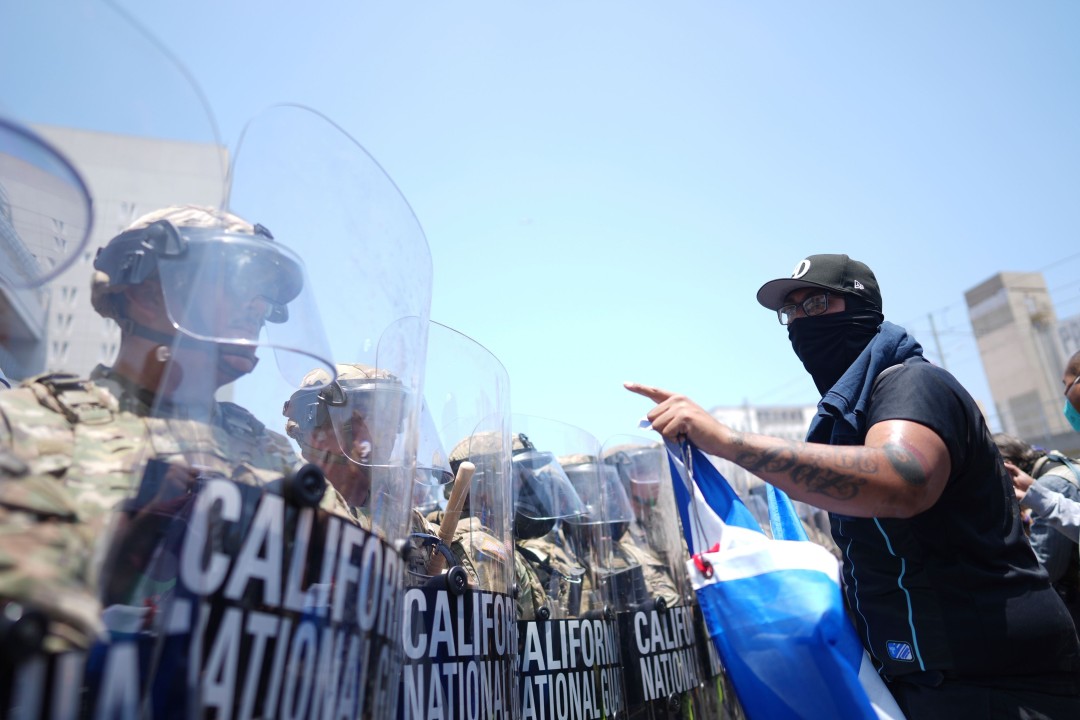CNN
—
The biggest question about the 2024 presidential campaign so far is whether voters or juries will get to cast the first verdict on Donald Trump.
A White House race that figures to be one of the most fraught in history is again in suspended animation as the political world awaits more potential criminal charges the Republican front-runner is expecting from special counsel Jack Smith.
Trump has lost none of his ability to shatter political conventions. Just months ago, the notion that a former president and potential future commander in chief could be indicted was staggering and unprecedented. Now it’s becoming an almost regular occurrence.
Trump has already been charged in Manhattan in a case triggered by a hush money payment to an adult film star, and separately, is facing federal charges related to his alleged mishandling of classified documents he hoarded in Florida. He announced this week that he’d been named as a target of Smith’s investigation into efforts to overturn the 2020 presidential election and events leading up to the attack on the US Capitol. Receiving such a notification is a procedural step that often leads to an indictment. And he’s waiting to find out whether he’ll be charged in a probe in Georgia over efforts to reverse President Joe Biden’s win there. The ex-president has pleaded not guilty to both indictments and denies wrongdoing in every other case against him.
Trump, his Republican rivals for the 2024 nomination, and much of America will be waiting for any developments out of a grand jury in Washington, DC, that is expected to meet on Thursday. Two sources told CNN that Will Russell, a former special assistant to Trump in the White House who has continued to work for him, is due to testify for at least the third time. Any indictment in the probe, in the days or weeks to come, would likely emerge from this grand jury – a fact that lends its work great historical significance. Trump indicated that the target letter he received on Sunday gave him four days to take up an option to testify. Legal custom suggests that any indictment could come at any time after that.
Former New Jersey Gov. Chris Christie – one of the rare Trump rivals who has openly criticized the ex-president – told CNN’s Wolf Blitzer on Wednesday that he was waiting to examine any charges from Smith before forming a judgment. But, given his experience as an ex-prosecutor, Christie suggested that the target letter from Smith was a grave omen.
“I never sent the target letter if I was not completely sure that I had put enough in front of the grand jury for them to return an indictment,” he said on “The Situation Room.”
“My sense is it’ll be a speaking indictment, as we call it in the business, which provides a lot of detail. So, you can really give folks a sense of what the evidence is that backs up the charges.”
CNN reported Wednesday that the ex-president’s legal team was scrambling to find out whether Smith had evidence about Trump’s conduct they didn’t know about. This raises the possibility that any election-related case Smith might bring against Trump may be far broader than his camp may have expected.
Multiple news outlets, including The Wall Street Journal, reported Wednesday that the target letter cites three statutes under which he could be charged pertaining to deprivation of rights; conspiracy to commit an offense against or defraud the United States; and tampering with a witness. The Justice Department has been known to be examining possible violations of the law around conspiracy and obstruction of the congressional proceeding on January 6, 2021, which is part of the witness tampering law, CNN previously reported.
Trump has long used the court system to delay accountability by exhausting every legal option available to him. But he got more setbacks Wednesday in some of the other cases against him. First, a federal judge denied his request for a new civil trial in the E. Jean Carroll case, finding that a jury that found that he abused and defamed Carroll did not reach a “seriously erroneous result.” The jury had awarded Carroll $5 million in damages. (Lawyers for Trump said they are appealing all of the rulings against him in the case.)
In another blow to the ex-president, another federal judge Wednesday denied his effort to move the New York indictment – which charged him with falsifying business records in connection with the hush money payment to Stormy Daniels – into federal court. Judge Alvin Hellerstein ruled that the payments had nothing to do with Trump’s former presidential duties. “Whatever the standard, and whether it is high or low, Trump fails to satisfy it,” the judge said.
As Smith’s investigation into the aftermath of the 2020 election appears to be reaching a critical point, details have been emerging about its vast scope. Smith and his prosecutors have spoken to officials in multiple swing states where Trump and his aides allegedly sought to apply pressure to change election results. Sources have suggested the special counsel is also interested in an ultimately unsuccessful fake electors scheme designed to potentially defy the will of voters by awarding electoral votes to Trump instead of Biden. Influential figures in Trump’s inner circle – including his son-in-law Jared Kushner, his former aide Hope Hicks and ex-Vice President Mike Pence – have all testified to the grand jury, CNN reported.
The work of the House select committee that investigated January 6 suggested the broad possibilities for Smith after it collected huge amounts of evidence about Trump’s conduct and presented it to the public last year.
“There is so much he could be charged with, it’s a matter of picking,” CNN legal analyst Karen Friedman Agnifilo said Wednesday. Reinforcing that point, CNN reported that federal prosecutors looking at the alleged scheme to overturn the election have subpoenaed all security videos from Atlanta’s State Farm Arena around polling day. This could relate to false claims by Trump and his campaign that election workers there were counting fake mail-in ballots.
As Trump waits to hear his fate in this investigation, he’s already ensnared in Smith’s other probe – into the retention of national defense information. During a hearing in Florida on Tuesday, the judge presiding over case suggested that Smith’s request for a trial in December was premature. But she did not tip her hand about whether she was swayed by the Trump team’s argument that the trial needed to wait until after the 2024 election because he’s a candidate. Smith has strongly opposed the idea that Trump is too busy to stand trial or wouldn’t get fair trial simply because he is running for president. Some legal experts have warned that granting his request to delay the trial would mean that an ex-president gets more deference in the court system than any other citizen, thereby challenging the principle that everyone is equal under the law.
The flurry of indictments and potential new charges against Trump do, however, raise the question of how he can concentrate on the demands of a full-bore presidential campaign while preparing for multiple trials. He already has a court date for the Manhattan case in March, which falls right in the middle of primary season.
For now, though, Trump has been able to harness his legal troubles to boost his campaign fundraising. A CNN analysis of itemized donations – those larger than $200 – to his campaign shows his day-by-day contributions over the first six months of this year spiked following the earlier indictment news.
It was always clear that a presidential election entangling with the reckoning over the legal and political fallout of the Trump presidency – and his claims that the last presidential race was stolen – would cause national trauma.
Much of this is by design for Trump. He has, after all built, his 2024 campaign on the notion that he’s an innocent victim of political persecution intended to keep him out of the White House. It’s a narrative GOP voters appear to be buying. Trump’s power can be seen in the way his primary opponents have mostly been loath to seize on his extraordinary crush of legal problems and in the way his congressional allies attack the Justice Department.
One of Trump’s Republican rivals further stoked a combustible political atmosphere Wednesday. Florida Gov. Ron DeSantis said on “The Shawn Ryan Show” show that it was “possible” his campaign could face interference from the Department of Justice or the FBI when asked if he was worried about it. “I think there should be some accountability for how those prosecutors are wielding power, especially if they’re doing it for political reasons,” he added. DeSantis did not give any evidence for his view that he could be vulnerable to investigation.
In any normal political world, a candidate facing multiple indictments would see their hopes of high office collapse. But American politics has rarely known normality since Trump glided down his golden elevator in his eponymous New York skyscraper to join the 2016 campaign. And former Rep. Fred Upton, a Michigan Republican, told CNN’s Erin Burnett Wednesday that the maelstrom of legal woes would not derail Trump’s bid for the GOP nomination. “I don’t think it moves the needle at all,” Upton said. “In terms of where the voters are, particularly the base, Trump is using this to raise more money. He’s stronger than ever before.”
“He’s got all of the wind out of the room from any of the dozen or so other candidates. They can’t get a breakthrough.”

